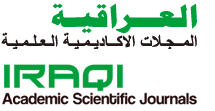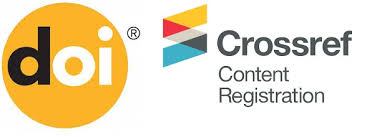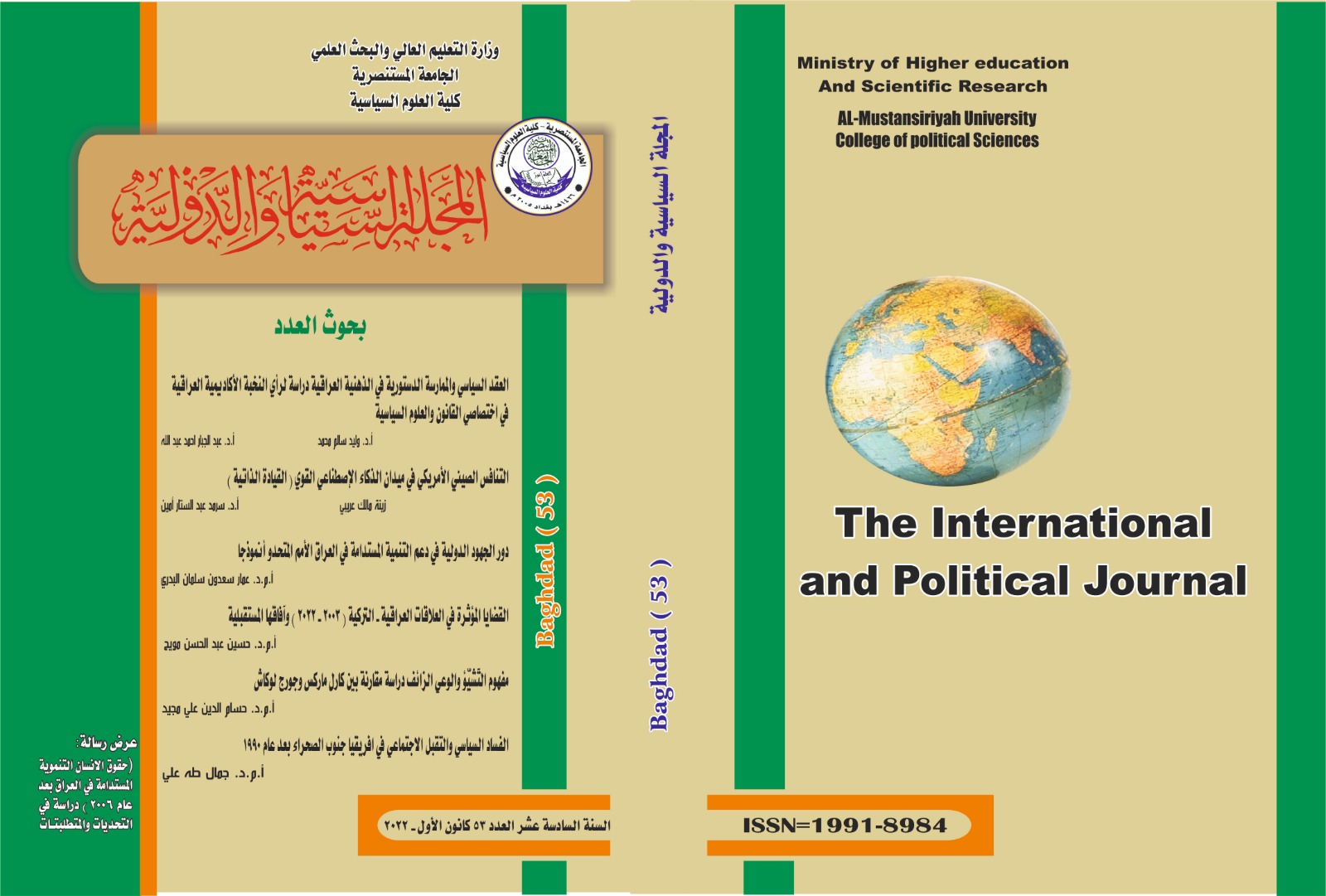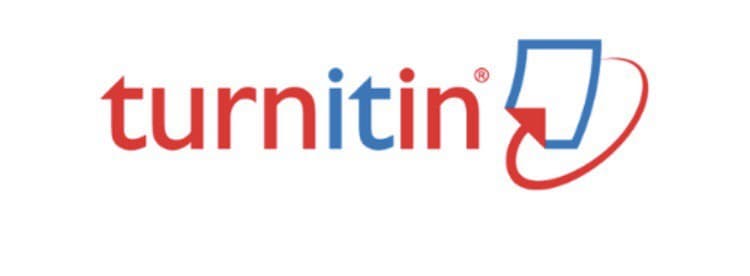The Discourse of Kurdistan Region in 2017: Results and Dimensions
DOI:
https://doi.org/10.31272/ipj.i55.170Abstract
The discourse plays an important role in creating awareness and building meaning in society. From analyzing its texts, the policies of the elite and the culture of society can be understood. The political actor, regardless of whether he is an individual, a party, or a state, cannot express his ideas and programs without an effective and influential speech that affects the recipient intellectually and emotionally. The speech is not just words, phrases or linguistic structures. It is a political agenda, a strategic vision, and a moral project that reflects the value structure of its creator and cultural background, and plays political, communicative, and moral roles in society.The chapters of the Kurdish issue in Iraq since the collapse of the Ottoman Empire, was filled with many uprisings, wars, and uncompleted political agreements. That was due to disputes on land, wealth, and sovereignty, and the decision of the President of the Kurdistan region of Iraq to conduct a referendum within the context of this long conflict, despite strong opposition of the central government in Baghdad and some Arab and foreign countries. The announcement of the President of the Kurdistan region of Iraq “Massoud Barzani” to hold a referendum for independence on October 25, 2017, coincided with the Iraqi battle to liberate its western territories which were occupied by the terrorist organization (ISIS). Therefore, the announcement was considered as a move paving the way for the separation of the province from the central government in Iraq. This Kurdish trend and the waving of separation have encountered many obstacles, the most important of which are: the position of the central government, the fate of the disputed areas, the future of Kirkuk, the doubts after the restoration of Mosul, the oil issues and others
References
المصادر باللغة العربية :
احمد, هبه عبد المعز. 2017. تحليل الخطاب. www.alnoor.com .
الجزيرة نيوز. 2017. البارزاني يدعو الحكومة العراقية للحوار. 26 9. www.aljazeera.ner/news .
الحي, وليد عبد. 2013. لغة الخطاب السياسي : المشكلة والحل. الاردن: جامعة اليرموك.
الشرق الاوسط. 2017. البارزاني يؤكد اقامة الاستفتاء على استقلال كردستان العراق والعبادي يرفض. 22 9. www.france24.com.
الشرق الأوسط. 2017. الخطاب المتلفز للسيد مسعود بارزاني رئيس اقليم كردستان العراق بعد الاستفتاء. 26 9.
الشرق الاوسط . 2022 . برزاني :كل التضحيات تهون من اجل الاستقلال..ولماذا تخاطبنا تركيا بلغة التهديد. تموز . www.arabic.cnn.com.
العربية نت,. 2017. بارزاني في خطاب التنحي لم يقف احد معنا سوى جبالنا. 29 اكتوبر. www.alarabiya.net .
العشيري, محمد رياض. 2013. "لماذا يفشل الخطاب السياسي العربي في نزع فتيل الازمات ؟" جريدة الشرق الاوسط الالكترونية. www.aawsat.com.
اللطيف, عماد عبد. 2016 . "البلاغة والخطاب السياسي." مجلة البلاغة وتحليل الخطاب ( العدد 6): ص118.
الوطن نيوز. 2017. العبادي : هدف استفتاء كردستان التغطية على الفساد. 24 9. www.alwatannews.com.
براش, ابراهيم. 2008. "الخطاب السياسي العربي بين الايديولوجية والواقع ." الحوار المتمدن. 4 9. www.ahewar.org.
بلقزيز, عبد الله. 2009. خطاب التقسيم في العراق. 3 كانون الثاني. www.alhaqaeqa.net .
بوبكرى, راضية . 2013. الخطاب السياسى: الخصائص واستراتيجيات التأثير. المجلد العدد 12 . الجزائر: جامعة عنابة. DOI: https://doi.org/10.12816/0024317
بي بي سي عربي, . 2017. خطاب السيد حيدر العبادي بعد الاستفتاء. 27 ايلول. www.bbc.com.
حورية, بقدوري. 2019. الخطاب السياسي الرسمي والمشاركة السياسية للمراة في الجزائر :الطالبة الجامعية انموذجا. اطروحة دكتوراه، جامعة وهران، الجزائر: ،كلية العلوم الاجتماعية،، ص37-39.
حوشناو, شونم عبد الله. 2017. البرزاني :وقت المطالبة بتاجيل الاستفتاء انتهى ولست ذلك الشخص الذي يخذل شعبه. ايلول. www.rudawarabia.net.
رامزي, فرانك; و شلك مونش. 1990. ،كيف يرى الوضعيون الفلسفة، ترجمة د.نجيب الحصادي. طرابلس: الدار الجماهيرية للنشر.
ستيفن أ.كوك. 2017. هل العالم مستعد لانفصال اقليم كردستان؟الاستفتاء بين اكراد العراق يجعل الشرق الاوسط على الحافة، ترجمة د.حسين احمد السرحان. مركز الدراسات الاستراتيجية.
شيخاتي, شيرزاد. 2017. حقيقة استفتاء كردستان . 23 ابريل . www.elaph.com.
صايغ, يزيد. 2017. تجاوز مفترق الطرق . 20 كتوبر.
طه, همام. 2017. "الخطاب السياسي : مهارة شخصية للقادة ورسالة معلنة للدولة ." صحيفة العرب ص6. www.alarab.co.uk.
عطية, مالك. 2017. سيمائية الخطاب السياسي العربي- نظرة في مشكلات التأويل في الخطاب الثوري السوري. الدوحة: مركز حرمون للدراسات المعاصرة.
كليب, سامي. 2017. البرغماتية (القول فعلية) في تحليل افعال الخطاب السياسي(خطاب ترامب والملك سلمان نموذجا). بيروت: دار الفارابي.
كوشن, عمر. 2017 . معارضو استفتاء كردستان العراق - حسابات المصلحة والهيمنة. 23 10. www.aljazeera.net.
محمد واني. 2017. مزايا الانفصال الكردي عن العراق . 24 يونيو. www.elaph.com.
مسعد, نيفين. 2017. الابعاد الخارجية للمسالة الكردية. المجلد العدد 47752. الاهرام. www.alahram.com.
مهدي, ايناس ضياء. 2013 . "تحليل القوى الاستراتيجية المؤثرة للخطاب السياسي – دراسة حالة الخطاب السياسي لباراك اوباما ." مجلة الاستاذ (العدد 200 ): ص901 .
يوسف, سليمان يوسف. 2022. "الاستفتاء الكردي واهداف البرزاني ، ، ، الخميس ، تاريخ الزيارة . على الموقع :." جريدة ايلاف الالكترونية. المجلد العدد 5875. 22 ايلول. www.elaph.com.
يوسف, فاروق. 2021. اكراد العراق من المشاركة الى المساءلة. النهار العربي. www.annaharar.com.
المصادر باللغة الانكليزية :
Ahmed, Heba Abdel Moez. 2017. "Discourse Analysis". www.alnoor.com.
Al Jazeera News. 2017. "Barzani calls on the Iraqi government for dialogue". 26 9. www.aljazeera.ner/news.
Al-Hayy, Walid Abd. 2013. lughat alkhitab alsiyasii : almushkilat walhal [The Language of Political Discourse: The Problem and the Solution]. Jordan: Yarmouk University.
The Middle East. 2017. Barzani confirms the holding of the referendum on the independence of Iraqi Kurdistan, and Al-Abadi refuses. 22 9. www.france24.com.
The Middle East. 2017. "The televised speech of Mr. Masoud Barzani, President of the Kurdistan Region of Iraq, after the referendum". 26 9.
The Middle East. 2022. "Barzani: All sacrifices are underestimated for the sake of independence. Why does Turkey address us in the language of threats? July." www.arabic.cnn.com.
Al Arabiya Net. 2017. "Barzani in his step-down speech, no one stood with us but our mountains". Oct. 29. www.alarabiya.net.
Al-Ashiri, Muhammad Riad. 2013. “Why does Arab political discourse fail to defuse crises?” Middle East Electronic Newspaper. www.aawsat.com.
Al-Latif, Emad Abdel. 2016. "Rhetoric and Political Discourse." Journal of Rhetoric and Discourse Analysis (No. 6): p.118.
Al-Watan News. 2017. "Al-Abadi: The goal of the Kurdistan referendum is to cover up corruption". 24 9. www.alwatannews.com.
Barash, Ibrahim. 2008. “Arab Political Discourse Between Ideology and Reality.” civil dialogue. 4 9. www.ahewar.org.
Belkeziz, Abdullah. 2009. "The Discourse of Partition in Iraq". January 3. www.alhaqaeqa.net.
Boubakary, Radia. 2013. alkhitab alsiyasaa: alkhasayis wastiratijiaat altaathira [Political Discourse: Characteristics and Influencing Strategies]. Volume 12. Algeria: Annaba University.
BBC Arabic. 2017. "Sayyid Haider al-Abadi's speech after the referendum". September 27th. www.bbc.com.
Hooriya, Bagdori. 2019. "The official political discourse and women’s political participation in Algeria: the university student as a model". PhD thesis, University of Oran, Algeria: Faculty of Social Sciences, pp. 37-39.
Hoshnaw, Shonem Abdullah. 2017. "Barzani: The time to demand the postponement of the referendum is over, and I am not the person who fails his people". September. www.rudawarbia.net.
Ramsey, Frank, and Munch Shell. 1990. kif yaraa alwadeiuwn alfalsafatu [How Positivists See Philosophy], Translated by Dr. Naguib Al-Hasadi. Tripoli: The Jamahiriya Publishing House.
Stephen A. Cook. 2017. Is the world ready for the secession of the Kurdistan region? The referendum among the Kurds of Iraq makes the Middle East on the brink, translated by Dr. Hussein Ahmed Al-Sarhan. Center for Strategic Studies.
Sheikhati, Sherzad. 2017. "The reality of the Kurdistan referendum". April 23 www.elaph.com.
Sayegh, Yazid. 2017. tajawuz muftaraq alturuq [Passing the Crossroads]. 20 october.
Taha, Hammam. 2017. “Political Discourse: A Personal Skill for Leaders and a Declared Message for the State.” Al-Arab newspaper, pg. 6. www.alarab.co.uk.
Attia, Malik. 2017. simayiyat alkhitab alsiyasii alearabii- nazrat fi mushkilat altaawil fi alkhitab althawrii alsuwri [The Semiotics of Arab Political Discourse - A Look at the Problems of Interpretation in the Syrian Revolutionary Discourse]. Doha: Hermon Center for Contemporary Studies.
Clip, Sami. 2017. Pragmatism (saying is actual) in analyzing the actions of political discourse (Trump’s speech and King Salman as an example). Beirut: Dar Al-Farabi.
Cochin, Omar. 2017. "Opponents of the Iraqi Kurdistan Referendum - Calculations of Interest and Hegemony". 23 10. www.aljazeera.net.
Muhammad Wani. 2017. "Advantages of Kurdish secession from Iraq". June 24th. www.elaph.com.
Massad, Neven. 2017. "The External Dimensions of the Kurdish Question". Volume No. 47752. Al-Ahram. www.alahram.com.
Mahdi, Enas Diaa. 2013. "Analysis of the strategic forces influencing the political discourse - a case study of the political discourse of Barack Obama." Al-Ustaz Journal (Issue 200): pg. 901.
Youssef, Suleiman Youssef. 2022. “The Kurdish Referendum and Barzani’s Goals, Thursday, the date of the visit. On the website:” Elaf electronic newspaper. Volume No. 5875. September 22nd. www.elaph.com.
Youssef, Farouk. 2021." Iraqi Kurds from Participation to Accountability". Arab day. www.annaharar.com.
Additional Files
Published
How to Cite
Issue
Section
License

This work is licensed under a Creative Commons Attribution 4.0 International License.
Journal Policies
All articles published in the International and Political Journal are licensed under a Creative Commons Attribution 4.0 International License. This means that the Authors can:
The journal allows reuse and remixing of content in accordance with a Creative Commons license.
Copy and redistribute the material in any medium or format.
Policy of publishing in The International and Political Journal
The journal is committed to the ethics of scientific publishing, and according to the publication ethics report of the journal.
The decision to publish is based on the value of the scientific research, to what extent it meets the conditions of publication approved, the declared policy of the journal, and its specialty.
It is based on the principles of the scientific honesty, and originality of research submitted for publication. It deals with the names of reviewers and their reports with great confidentiality.
The opinions published in the journal reflect the views of the authors, and not necessarily reflect the opinion of the editorial board.
The journal does not adhere to the publication of whatever comes to it. The time and place of publication are subject to technical considerations adopted in the editorial plan of the journal.
The journal does not abide to return the research papers to their owners whether accepted for publication or not.
The researcher is to be provided with the acceptance of publication within about 24 WEEKS. As for publication, the editorial board reserves its right in priority of publishing. The arrangement of the research papers in the same issue is subject to technical standards.
Diversify of publishing papers from solid universities and scientific centers from inside and outside Iraq is preferable.
The journal maintains hard copies and electronic archive of the published issues in addition to the publication of the research papers.
The journal also publishes the issues electronically through the website of the journal, and the official website of the Iraqi academic journals, and makes it possible to download. Thus, documenting the intellectual property of the research papers and publishing them internationally is achieved.
Terms of publication may be modified when necessary with no previous notice.
The researcher obtains a copy of his research paper. If he wishes to buy acopy of the journal, the volume costs ID 10000 from inside Iraq and $8from the outside.
The Editorial Board considers that the researcher who submits his research paper for publication in the journal has already read the terms and conditions of publication and agreed on them.
The journal publishes the research papers of the postgraduate students in special issues for this purpose.
Stages of editing and publishing:
The researcher undertakes that his research has never been published before, and has not been submitted for publication to other sides until the end of the evaluation procedures and the acceptance of publication in the journal.
The research papers submitted for publication are to subjected for preliminary examination by the editorial board to determine their suitability for the journal specialization, its policy and the safety of scientific research procedures, and then to indicate its eligibility for scientific evaluation. The editorial board may apologize for accepting the research all together or require the researcher to amend it in accordance with the journal policy before sending it to editors.
After conducting the scientific evaluation, the research paper returns back to the researcher to make the required amendments within a maximum of two weeks.
A copy of the final research paper is to be submitted to the secretariat of the journal a hard copy and a soft copy on a CD, in both Word and PDF format. The researcher is fully responsible for the typing and linguistic mistakes after submitting the full research paper on a CD.
Plagiarism checker
All research papers are subjected to Turnitin program to uncover plagiarism before being sent to scientific evaluation. The researcher undertakes a written pledge to take the legal and moral responsibility, in the event of the emergence of plagiarism or taking from the efforts of other researchers, without a reference to them. The journal uses appropriate anti-plagiarism software, such as Turnitin to check for plagiarism.
Dealing with Allegations of Research Misconduct
The Journal shall take reasonable and serious steps to identify and prevent the publication of papers where research misconduct has occurred, including plagiarism, citation manipulation, and data falsification/fabrication.
Scientific Evaluation:
Scientific evaluation strengthens the research paper submitted to the journal and helps to take the appropriate decision by the editorial board to publish it. It also benefits the researchers to improve and correct their research papers.
The research paper is sent to three evaluators in the same specialty to evaluate












